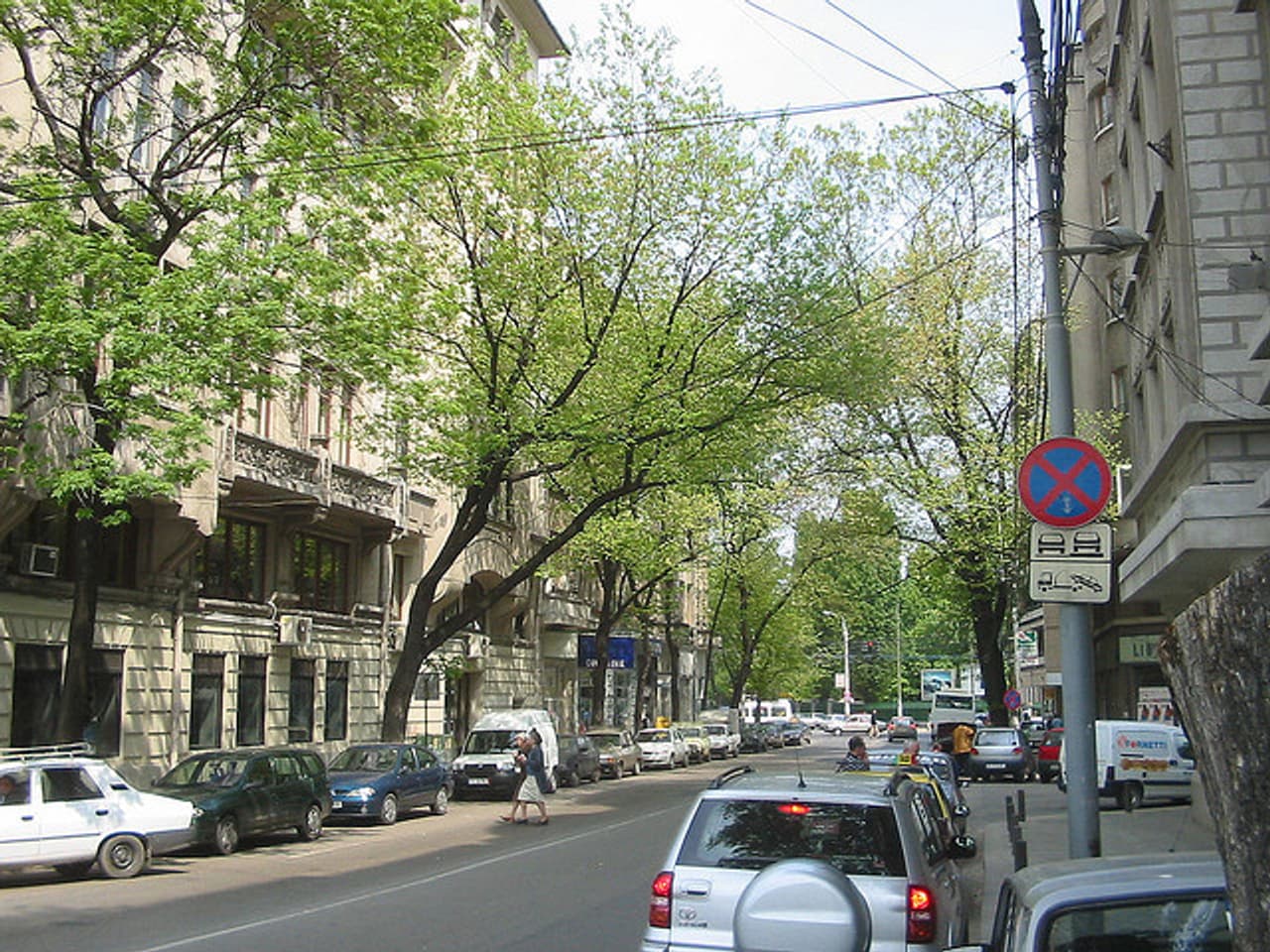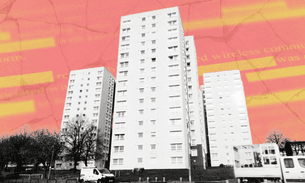
Bureau Recommends: Inside Romania’s secret CIA prison
The basement was ‘one of the most secure rooms in Romania’, a senior official said.
For six years, Romanian officials denied its existence. Located in a basement on a leafy residential street in Bucharest, the prison was easy to conceal.
But the government building – codenamed Bright Light – housed some of the CIA’s most notorious terror suspects, an investigation by the Associated Press and German public television, ARD Panorama has revealed.
Despite the findings, and confirmation from former US officials, the Romanian government maintains that the Americans could not have operated a clandestine prison in their capital city.
Senior Romanian official Adrian Camarasna told ARD Panorama that while the basement is one of the most secure rooms in Romania, it would have been ‘impossible’ to run a detention facility there.
The President of Romania, Traian Basescu told AP: ‘We have no knowledge of this subject’.
However, the investigation revealed that beneath Bucharest’s National Registry Office for Classified Information, the CIA interrogated subjects including Khalid Sheik Mohammad, the mastermind of 9/11, and Abu Faraj Al-Libi, taken to the prison in 2005.
Al-Libi provided information which helped the CIA to identify Osama bin Laden’s courier: and through him, the former al-Qaeda leader himself.
Through extraordinary rendition, detainees were flown to the prison – part of a network of CIA-controlled ‘black sites’, also present in Thailand, Lithuania and Poland. Shuttled to the basement in vans, the prisoners were kept in cells set on springs, keeping them off-balance and disorientating the inhabitants.
During the first months of their detention, the detainees endured sleep deprivation and were doused with water, slapped or forced to stand in painful positions, former US officials told AP.
Long-term prisoners were ‘treated with care’, officials said, receiving dental and medical check ups, and Halal food shipped in from Germany.
The prison was closed in 2006, with some detainees being sent to Kabul, and on to Guantanamo. Others were transferred back to their home countries.
Crofton Black, an Investigator on the Secret Prisons team at Reprieve, believes that like the Romanian officials, many European governments seek to deny that US clandestine operations ever took place on their soil, ‘even in the face of damning evidence.’
‘The discovery of the Romanian prison site (after six years of official denials) demonstrates, once again, that the truth will eventually come out. At the moment, it is the governments of Europe — those with the greatest responsibility — who are making the least effort to ensure it does,’ he commented.
Read the full story here.




